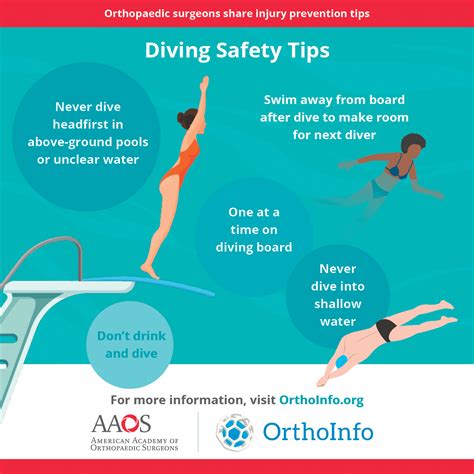Diving Beyond Age Restrictions: Safety Tips
Scuba diving is an exhilarating experience, offering a glimpse into a breathtaking underwater world. While many dive operators set age restrictions, the passion for exploring the ocean depths often transcends these limitations. For experienced divers who've honed their skills over years, the desire to continue this adventure persists, regardless of age. This article focuses on ensuring safety for older divers, addressing common concerns and offering valuable tips for maintaining a fulfilling and risk-mitigated diving experience. We’ll tackle frequently asked questions and delve into crucial safety considerations for those diving beyond typical age limits.
What are the Common Age Restrictions for Scuba Diving?
Many dive operators establish minimum age requirements, usually around 10-12 years old for introductory dives and 15-18 for certification. However, these are guidelines, not insurmountable barriers. Upper age limits are less common, but some operators may have internal policies or recommend against diving past a certain age due to potential health concerns. The reality is, fitness and medical clearance are far more crucial factors than chronological age.
Can Older Divers Safely Continue Scuba Diving?
Absolutely! With proper medical clearance, ongoing training, and adherence to safety protocols, older divers can safely enjoy scuba diving for many years. Maintaining physical fitness, understanding your limitations, and choosing appropriate dive sites are key components of responsible diving at any age. The focus shifts from pushing physical boundaries to managing them wisely.
How Can Older Divers Maintain Fitness for Diving?
Maintaining a healthy lifestyle is paramount for safe diving, regardless of age. A regular exercise routine focused on cardiovascular health, strength training, and flexibility is crucial. Activities such as swimming, cycling, and yoga are excellent choices. Consult your physician for a personalized fitness plan tailored to your age and health status. This proactive approach minimizes risks associated with exertion underwater and aids in managing potential physical challenges.
What Medical Checkups are Necessary Before Diving?
Before embarking on any dive, especially as you age, a thorough medical checkup is essential. Consult your physician, preferably one familiar with diving medicine. This consultation should include a comprehensive review of your medical history, including cardiovascular health, respiratory function, and any pre-existing conditions. The doctor will assess your fitness for diving and provide necessary recommendations. Regular checkups are strongly advised for older divers.
What are the Signs of Decompression Sickness in Older Divers?
Decompression sickness (DCS), also known as "the bends," is a serious risk in scuba diving. Older divers may be more susceptible due to decreased blood flow and slower tissue healing. Symptoms can range from mild joint pain to severe neurological problems. Be vigilant for any unusual fatigue, joint pain, skin changes, breathing difficulties, or neurological symptoms after a dive. Seek immediate medical attention if you suspect DCS. Hyperbaric oxygen therapy is the primary treatment.
How Can Older Divers Choose Appropriate Dive Sites?
Selecting appropriate dive sites is vital for safety and enjoyment. Avoid deep dives or dives requiring extensive swimming exertion. Opt for shallower dives with calmer currents and easier navigation. Choosing well-maintained and reputable dive operators is also crucial; they can often cater to divers of various abilities and ages, providing a more relaxed and supportive experience.
What are the Best Dive Buddies for Older Divers?
Having a well-matched and experienced dive buddy is crucial at any age, but especially for older divers. Your buddy should be someone you trust implicitly, who is aware of your physical capabilities, and is willing to provide assistance if needed. Regularly reviewing dive plans and emergency procedures together is vital. Consider choosing a buddy who is similarly experienced and physically fit.
Should Older Divers Use Dive Computers?
Dive computers are highly recommended for all divers, especially older individuals. These devices monitor dive profiles, including depth, time, and ascent rates, significantly reducing the risk of DCS. Familiarize yourself thoroughly with your dive computer’s functions before using it.
By adhering to these safety tips and prioritizing their health and well-being, older divers can continue to explore the wonders of the underwater world safely and responsibly. Remember, responsible diving is a lifelong commitment, and age is just a number. The key is to dive within your limits, stay informed, and always prioritize safety.

